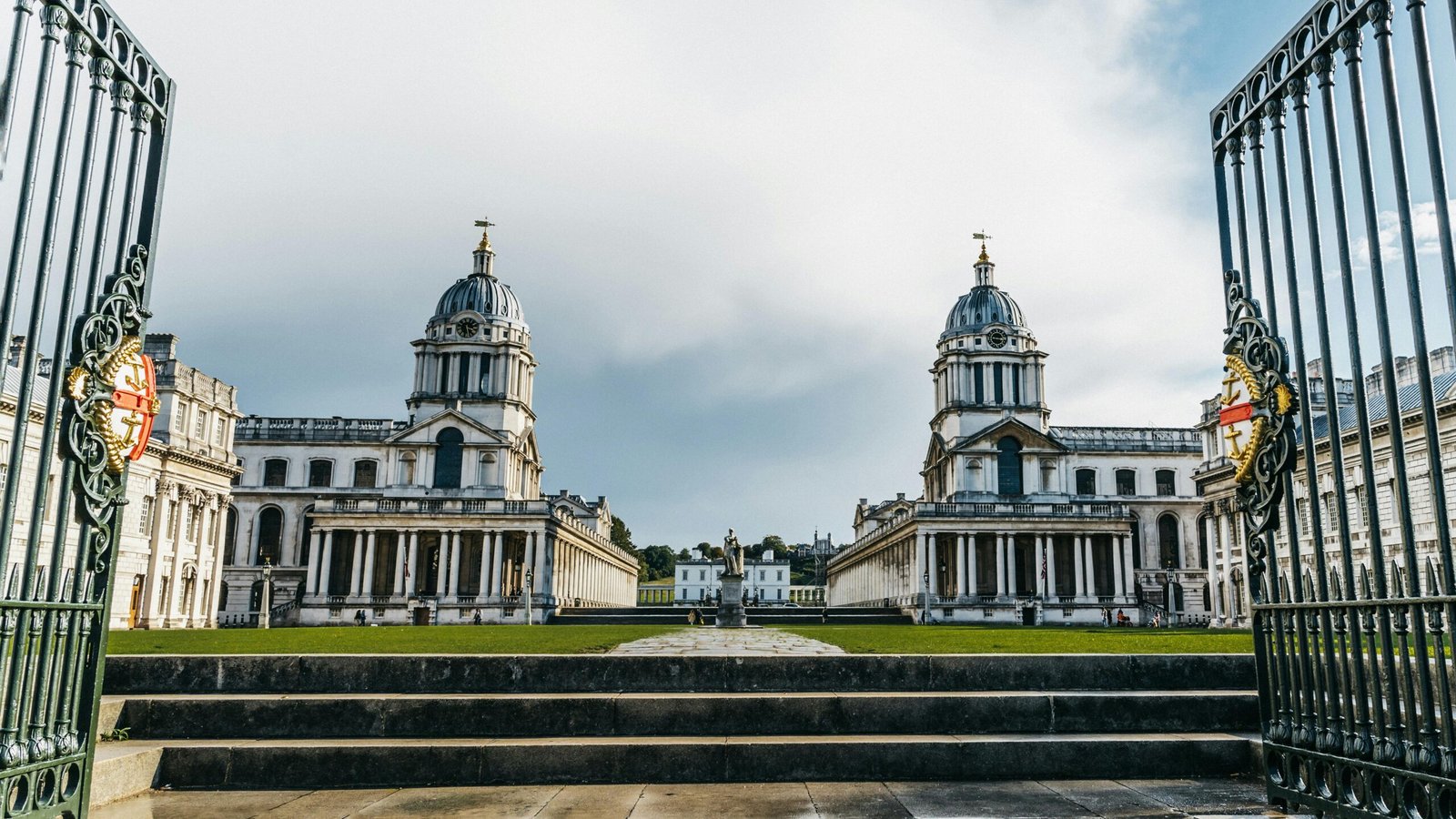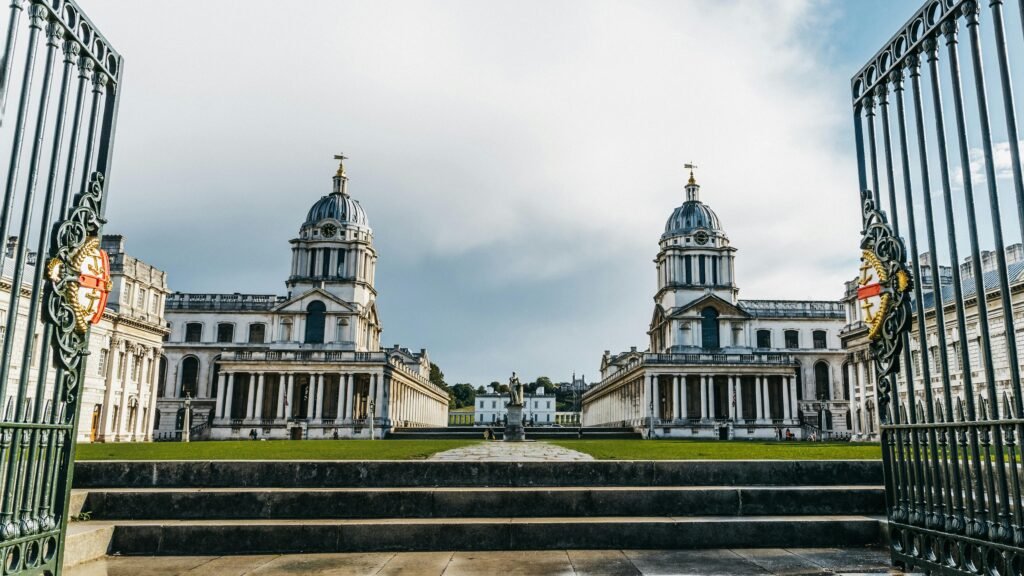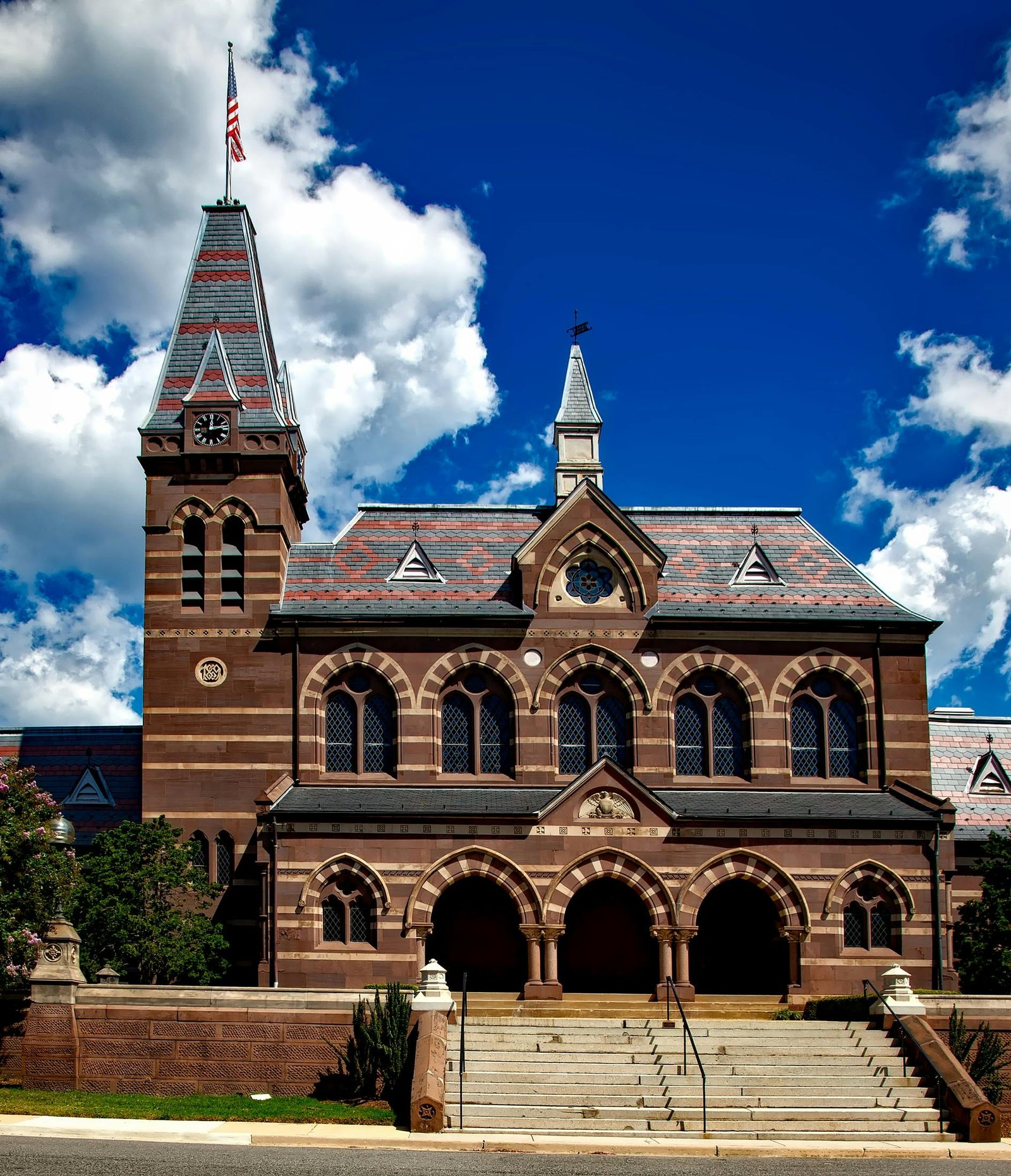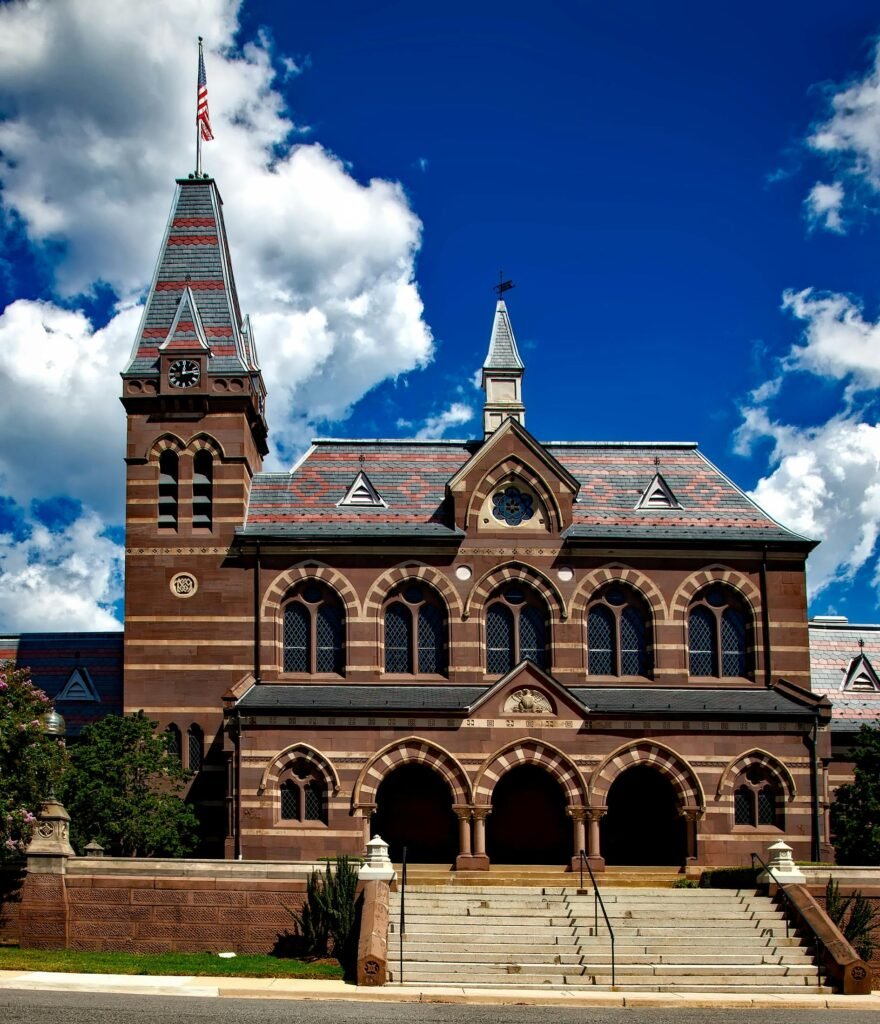
Overview
- Location: Atlanta, Georgia, USA
- Established: 1885
- Type: Public research university
Academics
- Colleges and Schools: Georgia Tech is organized into six colleges, including:
- College of Engineering
- College of Sciences
- Scheller College of Business
- College of Computing
- College of Design
- Ivan Allen College of Liberal Arts
- Programs: Offers undergraduate, graduate, and professional degrees in various disciplines, with a strong emphasis on science, technology, engineering, and mathematics (STEM) fields.
Reputation and Rankings
- Academic Reputation: Highly regarded for its strong programs in engineering, technology, and computer science, consistently ranked among the top engineering schools in the United States.
- Notable Alumni: Includes astronauts, CEOs of major corporations, inventors, entrepreneurs, and government leaders.
Campus
- Main Campus: Located in Midtown Atlanta, covering 400 acres with a mix of modern and historic buildings.
- Technology Square: A hub for innovation and entrepreneurship adjacent to the main campus, housing research centers, startup incubators, and corporate innovation labs.
- Library: The Georgia Tech Library system includes the main library, Crosland Tower, and the Price Gilbert Library.
Research
- Research Institutes: Georgia Tech is home to numerous research centers and institutes focused on areas such as robotics, aerospace engineering, nanotechnology, and renewable energy.
- Funding: Receives significant research funding from federal agencies, private industry partnerships, and its endowment.
Financial Aid
- Endowment: Although substantial, Georgia Tech’s endowment is smaller compared to some private institutions.
- Financial Aid Programs: Offers need-based and merit-based financial aid to support students, including scholarships, grants, loans, and work-study opportunities.
Admissions
- Selectivity: Highly selective with a competitive admissions process, emphasizing academic achievement, extracurricular involvement, and potential for success in STEM fields.
- Application Process: Requires submission of standardized test scores, high school transcripts, recommendation letters, and personal essays. Georgia Tech also considers factors such as leadership experience and demonstrated interest in STEM.
Extracurricular Activities
- Student Organizations: Offers a wide range of student organizations, including academic clubs, cultural and diversity groups, professional societies, and recreational clubs.
- Athletics: Competes in NCAA Division I sports as the Georgia Tech Yellow Jackets, with varsity teams in various sports such as football, basketball, and baseball.
Innovation and Entrepreneurship
- Startup Ecosystem: Georgia Tech fosters innovation and entrepreneurship through programs such as the Advanced Technology Development Center (ATDC), CREATE-X, and the VentureLab incubator.
- Industry Partnerships: Collaborates closely with industry partners to facilitate technology transfer, commercialization of research, and workforce development.
Notable Contributions
- Technological Innovation: Georgia Tech researchers and alumni have made significant contributions to fields such as aerospace engineering, computer science, biomedical engineering, and renewable energy.
- Educational Initiatives: Known for pioneering approaches to STEM education, including online learning platforms such as Georgia Tech’s Online Master of Science in Computer Science (OMSCS) program.
Georgia Tech continues to be a leading institution for STEM education and research, driving innovation, economic development, and technological advancement both locally and globally.










